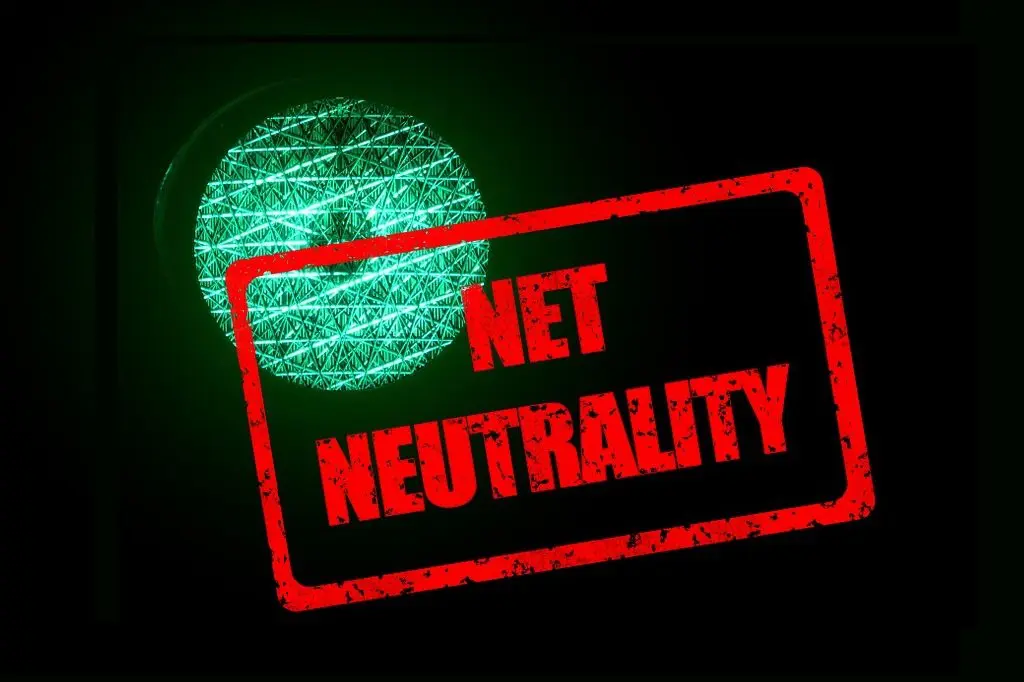What is Net Neutrality?
Net neutrality is the concept that when a user accesses the Internet, all content on the internet must be provided to the user and treated equally by Internet Service Providers (ISPs) such as Telstra or Optus in Australia. This means that ISPs must allow their customers to access all content on the internet at the same speed, and without unequal restrictions (subject to any legal requirements to block unlawful content). The basic idea behind net neutrality is very simple – it is an Open Internet and no Internet provider can give priority to traffic from particular sites, slow down traffic to others, or block sites completely.
In the United States, net neutrality has been an issue of contention between network users and access providers since the 1990s. In 2015, the Obama administration put in place a rule called the Open Internet Order governing Net Neutrality in the US. That order stipulated that all Internet traffic was to be treated equally; traffic of one type, or from a particular source of going to a specific destination could not be prioritised over any other traffic. Towards the end of 2017, the Federal Communications Commission (FCC) voted to repeal net neutrality protections which has placed the power back in the hands of America’s big telecommunications companies. Basically, it’s like our Australian government voting to hand control of the internet over to Telstra, Optus and Vodafone, and allowing each telco to decide what their customers can and cannot access online. In Australia, we are spoilt by Telco options and we can move between them if we are not satisfied with their service but in the US it’s much more of an issue. Many people don’t get a choice of which Internet provider they connect with. Cable internet is still a big thing in the US, and whichever cable provider you’ve got in your area is going to be your Internet provider as well. So if that provider decides to block access to a site or service or allow it only on certain plans, or if they slow down popular sites like Netflix deliberately to encourage you to pay for a more expensive plan, that’s not something US customers can solve by simply switching providers. And there’s a history of providers doing exactly these sorts of things – and in some cases being given hefty fines for the practice.
Net Neutrality in Australia
So could this happen in Australia? It’s true that Australia doesn’t have any net neutrality laws, but we do have incredibly strong laws to protect consumers. It’s generally accepted here that Internet providers offer you equal access to the entire Internet, and any suggestion that one might be slowing down or blocking traffic to a site or service is usually met with outrage. Let’s face it, the internet is a Utility just like Gas and Electricity that we are becoming reliant upon. Just like the fierce competition between the electrical providers luring you with massive discounts, thanks to the NBN, customers have the freedom to vote with their feet and switch providers if they’re not happy. Providers know this all too well! Internet customers in Australia have more choices now than they ever have, the complete opposite of much of the US. If an ISP decides to do the wrong thing they know that they stand the risk of losing valuable customers.
How will it affect Australians?
Initially, the new FCC rules will only directly impact internet access for Americans. One area, however, where the FCC’s decision may affect Aussies sooner than expected is in online business. These businesses have a reliance on hosting and other services from providers in the US. From that perspective, there is a definite flow-on effect at play. Australian businesses also have the potential to be barred from American audiences if they get blocked by an ISP in the US. Australian-based startups may not be able to afford the massive costs of being available on American ISPs. Those that do “pay to play” will see increased operating costs from the services that they have to pay ISPs for. This will almost certainly get passed down to consumers around the world.
Many argue that some sort of net neutrality law is needed in Australia regardless – but for the time being, while the Internet doesn’t even enjoy a “common carrier” status here, that’s probably not going to happen. Having said that, Telstra has been known to manipulate traffic to their own ends, the obvious example being their unwillingness to perform peering with anyone. Telstra, uniquely, charges both their retail customers and the content providers (Facebook, Amazon, Google etc) for data to traverse their network. They can only do this because of their market power in Australia.

Closing
Due to the number of Telco’s available in Australia and their competition to gain customers, the idea of Net neutrality in Australia existing as an unwritten law on our shores will remain for now. If the idea of having to pay extra to add access to social media, streaming movies, or Wikipedia to your existing broadband plan sounds like a rip-off, you’ll understand why preserving net neutrality is so important. A free and open internet ensures that great services and products win in the market, not simply those who have the deepest pockets. And it means that internet users can access what they want without interference. Simply put, Net Neutrality works—for all parties involved that access the Internet from companies that access the internet for BAU operations, companies that provide services via the internet and most importantly, for everyday people like you and me.

